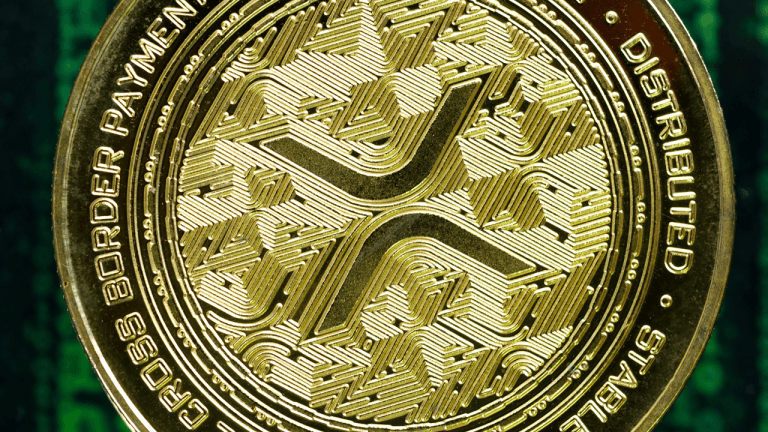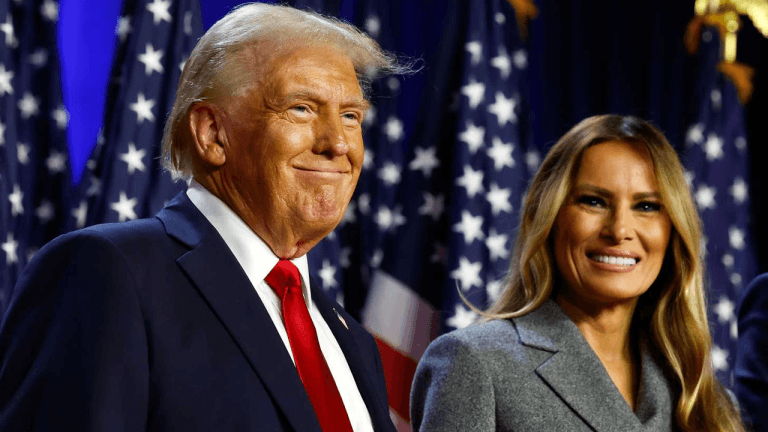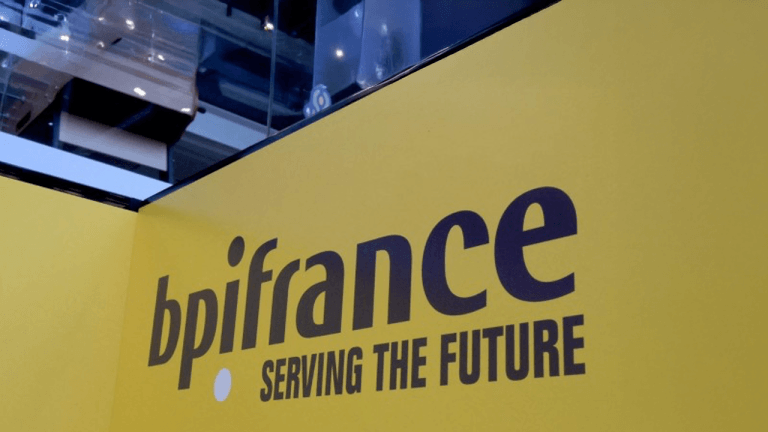
Kimchi premium hits 11% — Is Bitcoin now in a 2017-esque retail stage of the cycle?

Is a surging premium in South Korea a top signal or a sign that the Bitcoin rally is only getting started?
The price of Bitcoin (BTC) is continuing to range between $56,000 and $60,000, as the so-called “Kimchi premium” is surging to yearly highs.
Kimchi premium forms when Bitcoin is trading at a higher price in South Korea over other major markets like the United States.
In 2017, the Kimchi premium surpassed 20%, causing Bitcoin to trade at around $24,000 in South Korea while it topped at nearly $20,000 in the U.S.

Last week, on March 29, this premium resurfaced, hovering at 6%, which has since climbed to around 11%.
Kimchi premium is at 11%, is this bad for Bitcoin?
The last time the Kimchi premium rose to an all-time high, the Bitcoin market topped and saw a violent correction almost immediately afterward.
Although the premium suggests that the South Korean cryptocurrency market is showing signs of getting overheated, it is not high enough to mark a top.
Ki Young Ju, the CEO of CryptoQuant, said that the premium is worrisome, but the fundamentals of Bitcoin look strong.
The difference between this time and 2017, however, is that South Korea only accounts for 1.7% of the global Bitcoin market’s trading volume.
As such, Ki explained that even if the South Korean market sees a pullback as a result of the rising premium, it would not have as big of an impact it had in 2017. He noted:
“$BTC fundamentals still look good, but the Korean bubble is worrisome to me. Shitcoins prices are skyrocketing, and Korean crypto trading volume has surpassed the national stock exchange (KOSPI). Even if the bubble collapses, the impact is unlikely to be significant since it’s just 1.7%”
More importantly, unlike 2017, the ongoing Bitcoin rally has been led by institutions and high-net-worth investors, as demonstrated by the huge outflows from Coinbase.
But, one reason why many analysts are concerned about the overcrowded cryptocurreny exchange market in South Korea is that there is significant interest in newly-emerging crypto assets.
Instead of Bitcoin and Ether (ETH), cryptocurrencies with the highest volume on Bithumb, as an example, often are new altcoins that have been in existence for a couple of months.
High-net-worth investors are continuing to buy
Less than a week ago on March 29, Ki emphasized that shorting Bitcoin is not the ideal trade as Coinbase Pro is seeing large outflows.

Outflows from top exchanges typically suggest that institutional investors are buying Bitcoin and moving their holdings to self-hosted wallets.
Ki said at the time:
“Punting a short on $BTC now looks not a good idea. Less likely to go below 52k as institutions might have bought $BTC at that level.”
Since then, Bitcoin has rallied by around 5% and has seen a relatively stable uptrend, possibly due to the U.S. dollar showing renewed signs of weakness.
Go to Source
Author: Joseph Young









